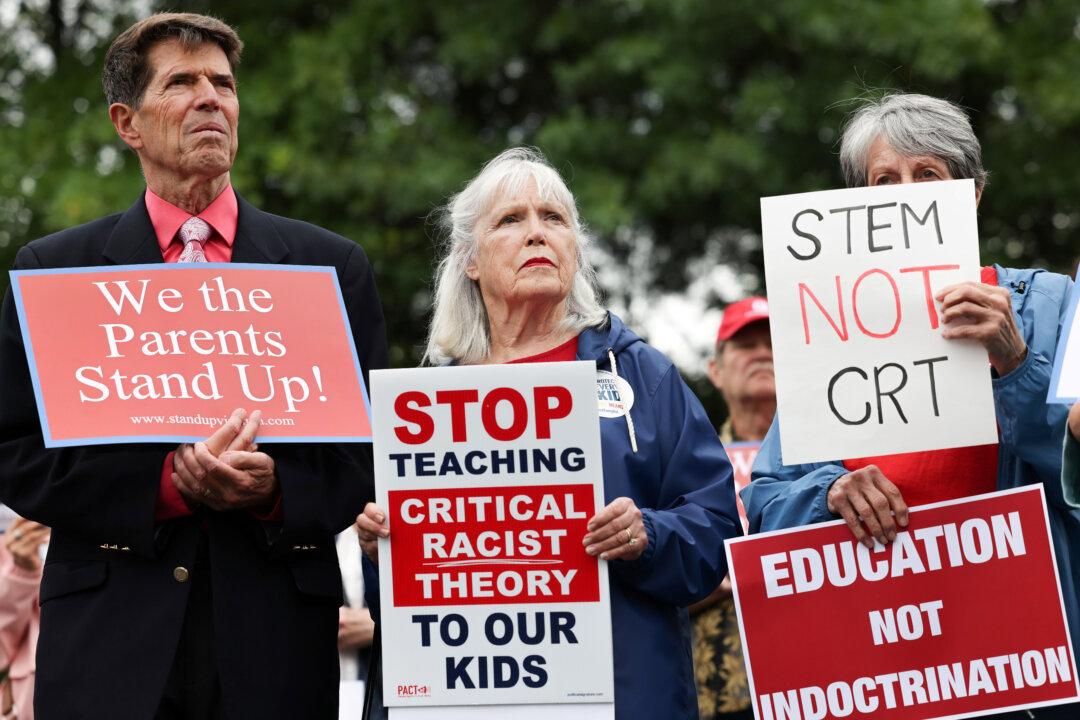Legislation in South Carolina that would prohibit the teaching of critical race theory (CRT) in K–12 classrooms was approved by the state’s House of Representatives on April 21.
House Bill 5183, or the South Carolina Transparency and Integrity in Education Act, seeks to prevent “ideological and viewpoint biases” from being presented as fact instead of theory while maintaining “complete histories of South Carolina and the United States.”





